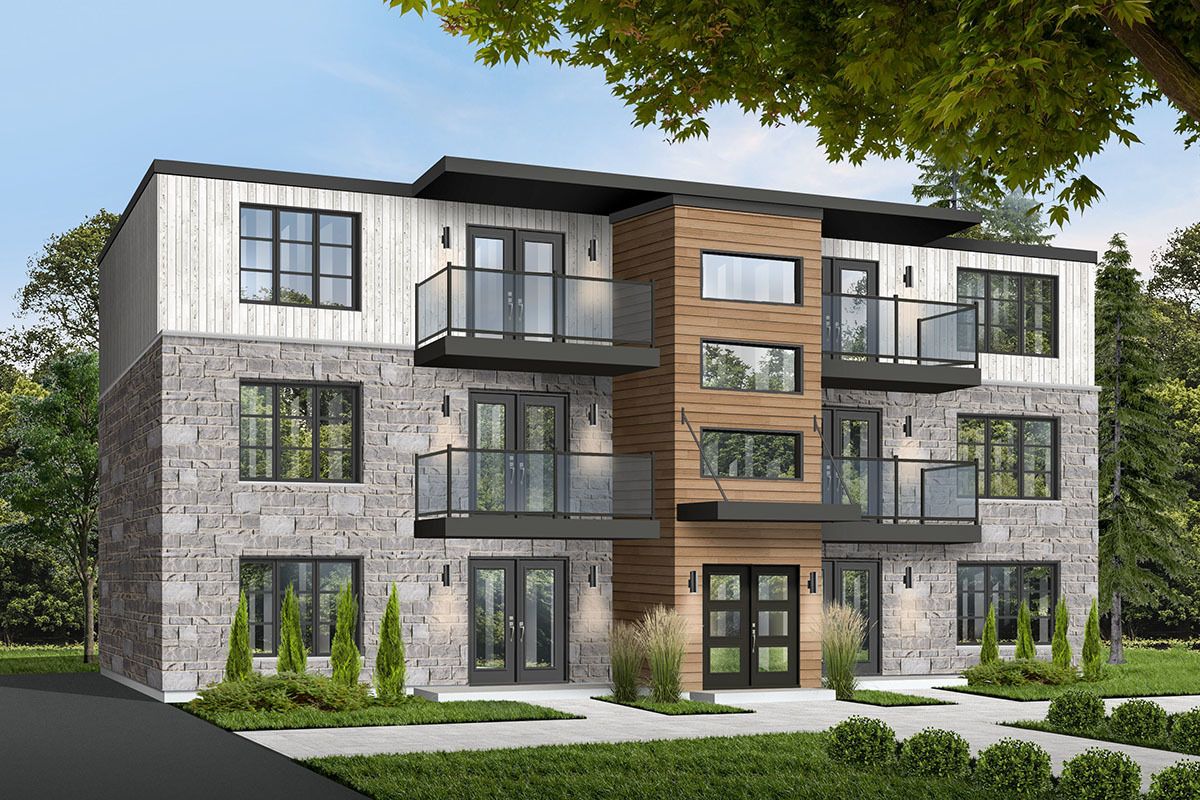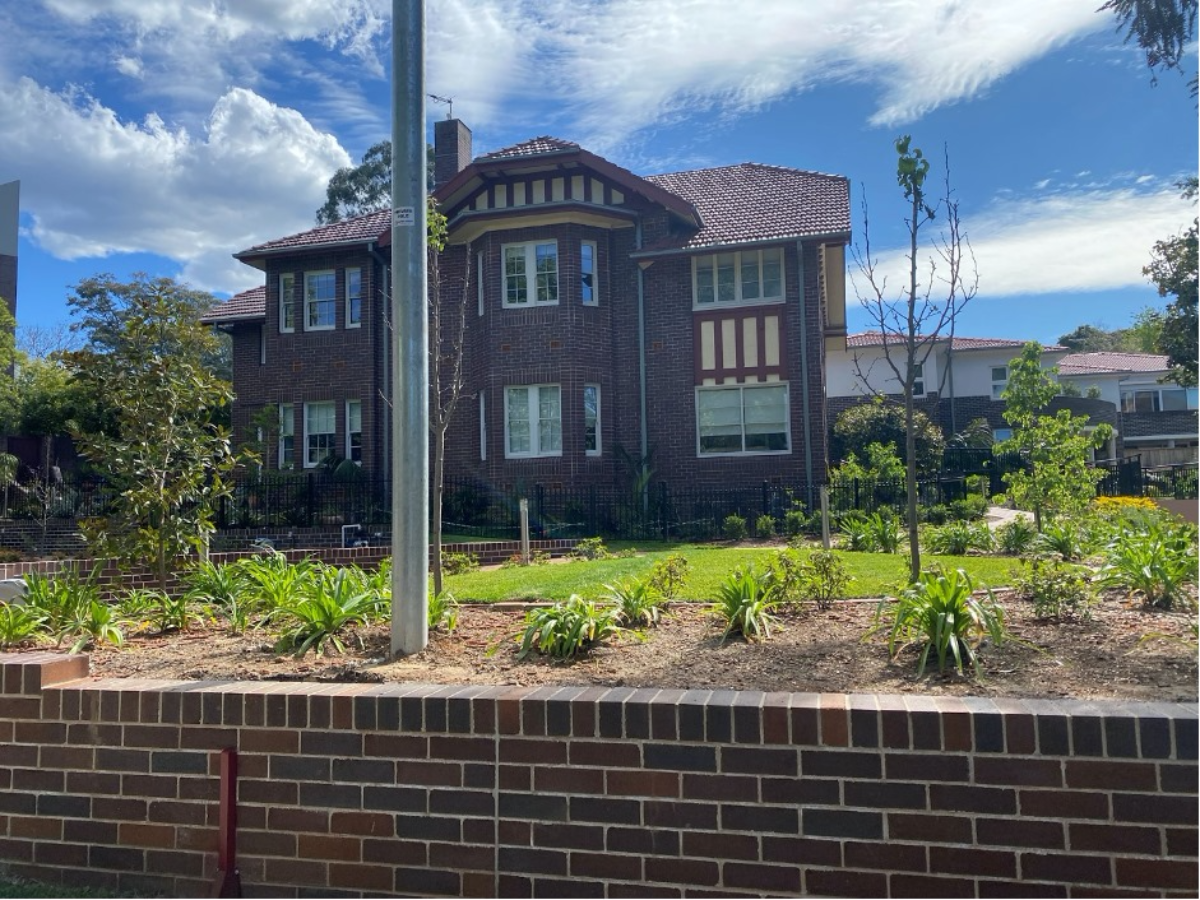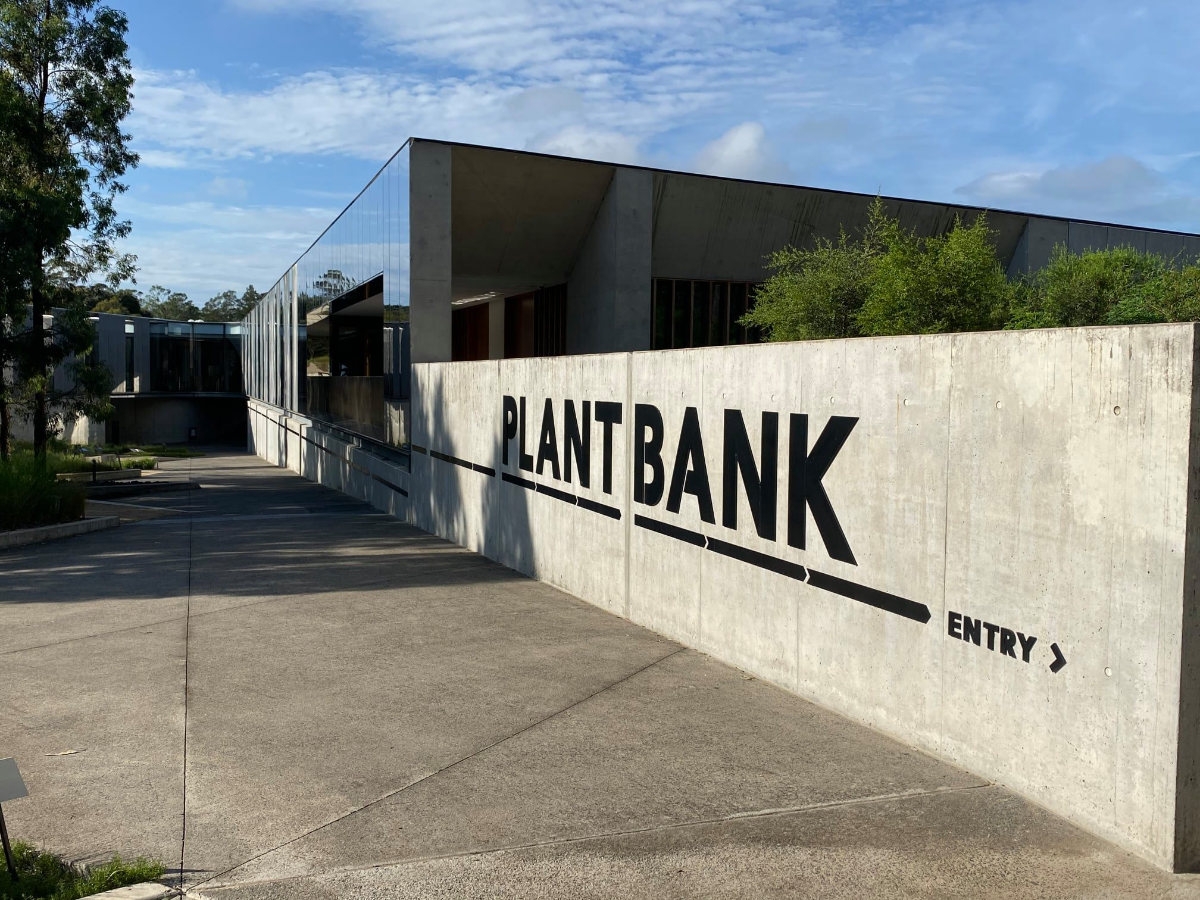
- February 23, 2021
- Effective Building
- 0
Upon acquiring a home building inspection from us, you need to learn what you can do next. As a buyer, it’s important to understand how you can use it to get a financial advantage and reduce the home price by re-negotiation.
This post will help you decide what things you need to prioritise after a home building inspection.
3 Things to Do Next After a Home Building Inspection
1. Read the Pre-Purchase Home Inspection Report
After the inspector explained the defects and his recommendations, you need to learn what to do next. First, you need to sit down and read the entire pre-purchase home inspection report for yourself. At first, it can get a little overwhelming if there are any defects you don’t fully understand. So, better to take the time to read the report in its entirety for yourself.
That report could save hundreds or thousands of dollars, so it’s probably worth your time to read it completely. Your inspector is your expert on the side, and he knows your home intimately now. If there’s anything in the report that confuses you, talk to your inspector. Ask everything you need to understand the home building inspection fully. A good inspector prides himself on being able to assist his client all the way.
2. Decide What Defects You Need to Prioritise
Now, you should decide what defects you need to prioritise. This is a personal thing as everyone has different priorities. To help you decide, review your list and decide which ones are typical for that age’s property and fair wear and tear.
For example, scuff marks on the 50-year-old home’s passage wall with three children raised in it would be typical. However, the same defects in a new home are a different story. If this is the case, talk to your inspector. Be realistic when prioritising the defects into acceptable things and the ones that need to get quoted for repair and renegotiation.
For major flaws that need urgent concern, your inspector will likely to recommend those for further evaluation on certain items. When these things are noted, it means that it’s outside the inspectors’ field of expertise.
For example, if there are bad wirings on the circuit or the mains, the inspector should recommend an electrical engineer for further detail. These specialists can bring in specialised tools and testing equipment to further troubleshoot these problems and let you know the repair’s estimated cost.
3. To Repair or Not to Repair
The building inspection contingency clause may limit your ability to re-negotiate. These clauses restrict you to structural or safety items only. Some clauses will record if repairs are exceeding a certain dollar amount.
Contingency clauses can dramatically limit your ability to re-negotiate your offer. This is why you need a broader home building inspection clause if this is your concern. Your legal advisor can determine the exact wording for you before you sign the agreement. This type of clause includes all the property components and systems and doesn’t restrict you to structural or safety issues only.
If you included an inspection contingency in your contract, then you have some rights. You have the right to hire an inspector and gain access to the home for inspection.
Negotiating Rights after a Home Building Inspection
You may also wonder, does the seller need to fix it? Well, the seller doesn’t have to do anything nor to you. The right question to ask is, “what are the negotiating rights after an inspection?” Well, as a buyer, you have the right to ask. However, the seller also has the right to say no. Or, both may choose to negotiate than risk losing the sale altogether.
It’s important to note that a home building inspection is not an opportunity to take advantage of someone. There are reasonable and unreasonable requests. Hence, you need to balance this.
When negotiating fairly, you need to be reasonable enough so you can get everything you should. It may not be everything you want, but everything you should get. Using your list of defects and written quotes for the repairs to quantify the costs, you are now on the side to renegotiate. But before you proceed, decide if you want the seller to make repairs before the settlement or seek a reduction in the contract price to do repairs yourself after settlement.
If the seller is willing to complete the repairs before the settlement, you should insist on a re-inspection of the repairs. That way, you can ensure the repairs are completed to an acceptable standard. However, if you deal with a price reduction, choose your contractors to have full control over the project and do it satisfactorily.
Final Thoughts on Home Building Inspection
Having a home building inspection allows you to learn about your home purchase. Knowing the defects and the inspector’s recommendation, you’ll able to plan well. You can decide what defects you need to prioritise if you’ll shoulder the repairs yourself or renegotiate with the seller before the settlement.
Remember, don’t just the book by its cover. Not because your home looks flawless to the naked eye would mean it’s perfect below the surface. Calling in a qualified building inspector can ensure you’re making the best decision for your family and budget.
For more information about home building inspection, visit our Help Centre.
Suppose you are planning to work on multi-story units. In that case, you may find yourself wondering if you should Read more
Heritage buildings represent the history and culture of a nation. They constitute together the architectural heritage of an area. Heritage Read more
The Australian PlantBank is a remarkable new plant conservation laboratory at The Australian Botanic Garden in Mount Annan. It is Read more





